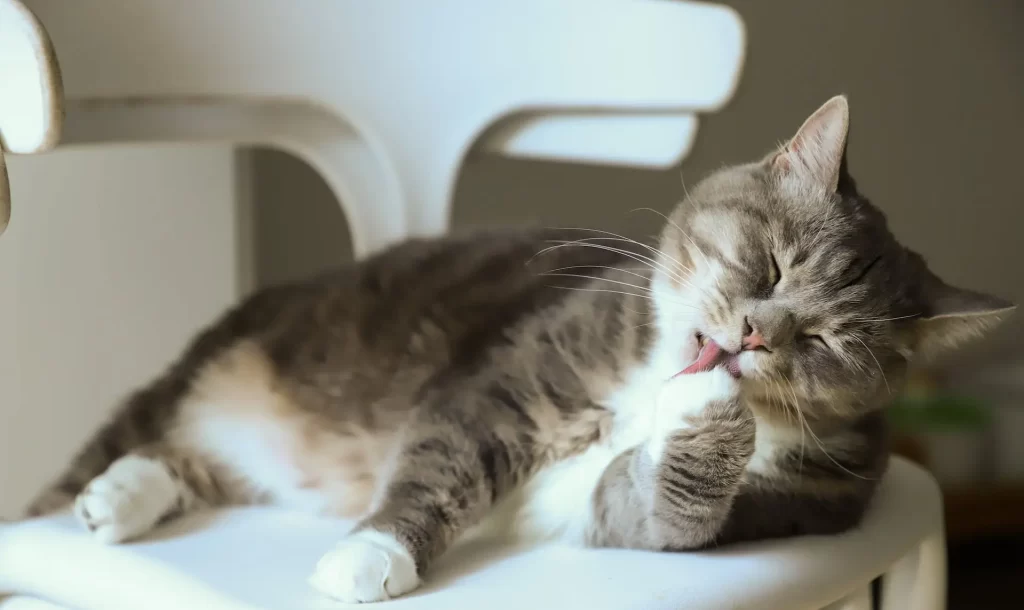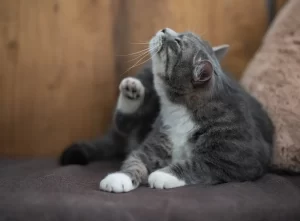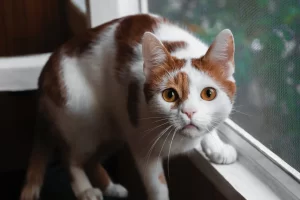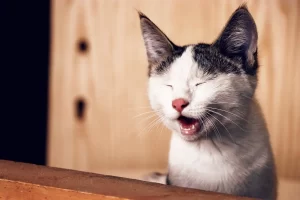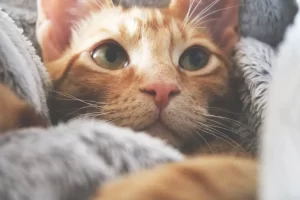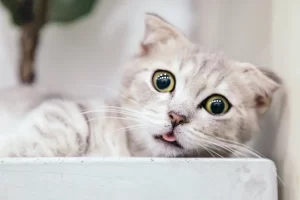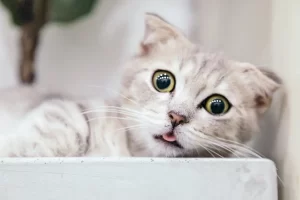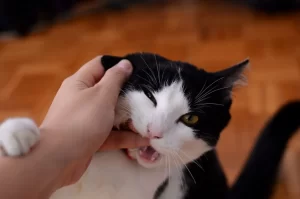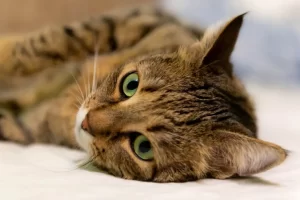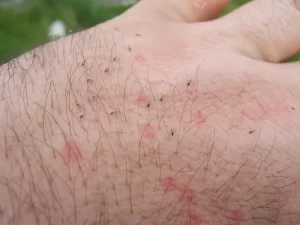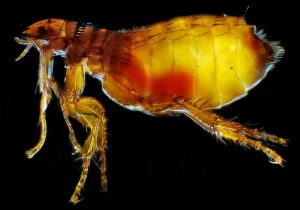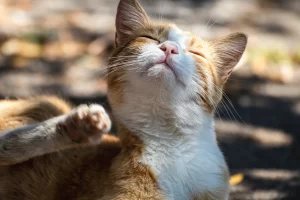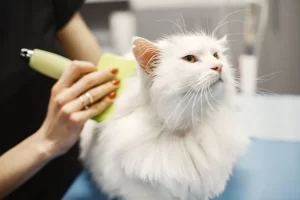If you’re a cat owner, you’re probably familiar with the unpleasant sound of your furry friend hacking up a hairball. Hairballs are a common occurrence in cats, especially long-haired breeds, and while they are natural, they can be a nuisance. Fortunately, there are several natural hairball remedies for cats to help prevent and alleviate the discomfort associated with hairballs. In this article, we’ll explore various methods and provide detailed instructions for each remedy.
Table of Contents
ToggleRegular Grooming: The First Line of Defense
Grooming is one of the most effective ways to reduce the frequency of hairballs. Brushing your cat regularly helps remove loose and excess fur, preventing them from ingesting it during self-grooming. The type of brush you use will depend on your cat’s coat length and texture:
- Slicker brush: Ideal for long-haired cats, this brush removes tangles and mats.
- Bristle brush: Suitable for short-haired cats, it helps remove loose fur and distribute natural oils.
- Rubber grooming mitt: Works well for cats who may not tolerate traditional brushes.
For long-haired breeds, daily brushing is recommended, while short-haired cats can be groomed a few times a week.
Dietary Changes: Cat Food to Combat Hairballs
Certain cat foods are formulated to address hairball issues. Look for options that are high in fiber or contain specific ingredients like psyllium or beet pulp, which promote hairball passage. It’s essential to consult your veterinarian before making significant dietary changes, as they can recommend the most suitable food for your cat’s specific needs.
Cat Grass: A Natural Hairball Remedy
Cat grass and catnip are natural remedies that can help your cat expel hairballs. These plants often induce vomiting, which aids in passing hairballs through the digestive tract. You can purchase cat grass kits at pet stores or grow your own indoor grass for your feline friend to nibble on.
Increase Hydration: The Importance of Water
Proper hydration is key to preventing hairballs. Ensure your cat has access to fresh water at all times. Cats are more likely to experience hairball issues if they’re not drinking enough water. Consider incorporating wet cat food into their diet, as it contains higher moisture content and can help keep your cat well-hydrated.
Coconut Oil: A Natural Lubricant
A small amount of food-grade coconut oil can serve as a natural remedy to lubricate the digestive tract, making it easier for your cat to pass hairballs. Start with a quarter teaspoon and gradually increase the dosage if needed. Be sure to use coconut oil in moderation, as it is calorie-dense.
Commercial Hairball Remedies: Gels and Pastes
Several commercial hairball remedies are available in the form of flavored gels or pastes. These products often contain mineral oil or other lubricating agents that help move hairballs through the digestive system. Read and follow the product’s instructions carefully, and consult your veterinarian before using them to ensure they are safe for your cat.
Pumpkin Puree: A Fiber Boost
Canned pumpkin, without any added ingredients, can be mixed into your cat’s food as a natural source of fiber. This can aid in the passage of hairballs. Start with a small amount and gradually increase the quantity as needed, being cautious not to overdo it.
Laxatives: Consult Your Vet
In some cases, your veterinarian may recommend over-the-counter cat laxatives. These should only be used under veterinary guidance, as they come with specific dosage instructions.
Behavioral Changes: Reducing Stress
Stress can contribute to excessive grooming, which increases hairball formation. Ensure your cat’s environment is as stress-free as possible, providing hiding spots, scratching posts, and interactive toys to keep them mentally and physically engaged.
Preventive Measures: Regular Vet Visits
Regular veterinary check-ups are essential for your cat’s overall health. During these visits, your vet can assess your cat’s risk of hairballs, provide advice on preventive measures, and address any underlying health issues that may be contributing to the problem.
In conclusion, while hairballs are a common issue in cats, there are numerous natural remedies and preventive measures you can take to keep your feline friend happy and healthy. From regular grooming to dietary adjustments and natural remedies, these home-based solutions can help reduce the occurrence of hairballs and ensure your cat’s well-being. Remember to consult your veterinarian for personalized advice and guidance tailored to your cat’s specific needs.

